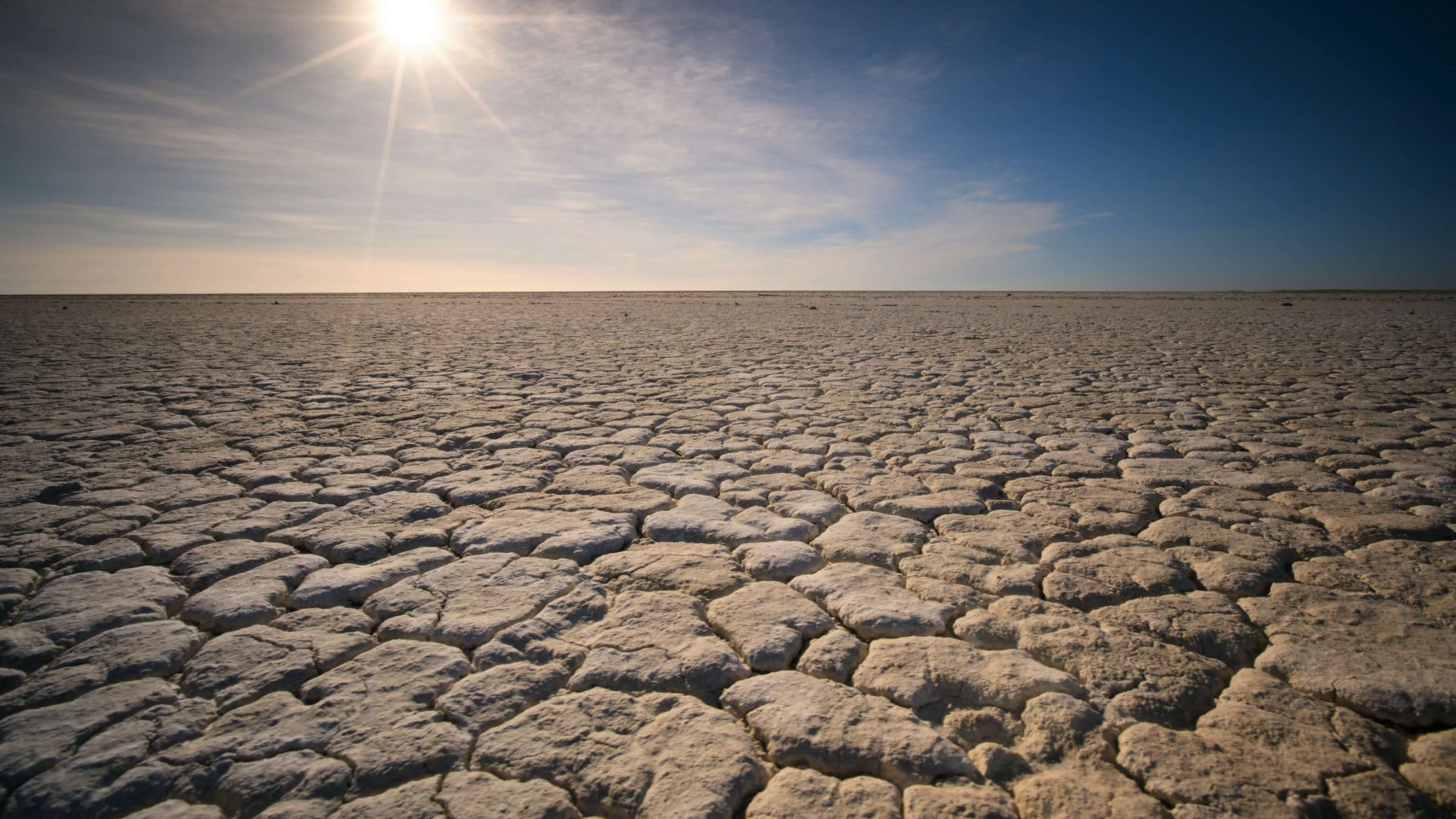The risk of flash droughts, characterized by a swift and rapid drying process, is anticipated to increase globally under all climate scenarios, according to a new research study by Christian et al., published in 2023. This upsurge is predicted to significantly affect several socioeconomic sectors, with agriculture being the most affected.
The comprehensive study utilized global climate model simulations to evaluate the potential changes in flash drought frequency and associated risks to global cropland. The results revealed that the most severe increases in flash drought occurrence are expected in scenarios featuring more significant radiative forcing and higher fossil fuel consumption.
Flash droughts can disrupt agricultural practices due to their unexpected onset and swift development. They can result in substantial crop losses, affect food security, and pose economic challenges to farmers and communities dependent on agriculture.
The projections suggest that the risk of flash droughts impacting cropland is set to rise worldwide. North America and Europe are predicted to experience the most significant spikes in risk. The study predicts a change in the annual risk from 32% in 2015 to 49% in 2100 for North America and a jump from 32% to 53% for Europe under the most extreme emissions scenario.
However, there is a silver lining to these predictions. The study also examined low-end and medium scenarios, revealing that compared to high-end scenarios, these scenarios indicated a considerable reduction in the annual flash drought risk over cropland. This finding highlights the critical role of collective global action to limit greenhouse gas emissions, as doing so could mitigate the potential impacts of flash droughts on agriculture.
In the face of these alarming projections, proactive strategies for managing this risk are paramount. These might include advancements in drought-resistant crops, improved irrigation methods, sustainable farming practices, and comprehensive drought management plans.
Nevertheless, the study underlines the urgent need for continued research into understanding the dynamics of flash droughts and the importance of climate change mitigation to lessen the risk posed to global agricultural sectors.
Photo by Oleksandr Sushko on Unsplash



1 Comment